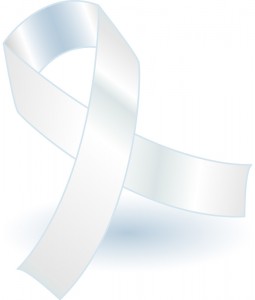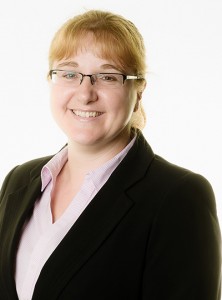 LCAM is going to be sharing stories of survivors of lung cancer, carers and families of those who have been diagnosed with lung cancer. You can read these stories here.
LCAM is going to be sharing stories of survivors of lung cancer, carers and families of those who have been diagnosed with lung cancer. You can read these stories here.
Facts about lung cancer
- Lung cancer is the world’s biggest cancer killer.
- In the UK, approximately 44,500 people are diagnosed with the condition each year.
- People who suffer with lung cancer are usually over the age of 40 and the rates increase as age rises.
- You do not have to have smoked to develop lung cancer.
- Smoking is the cause in over 85% of cases.
- Lung cancer rates are falling in men but increasing in women.
- 2/3 are diagnosed too late for treatment that would cure them.
- Fewer than 1 in 10 people survive more than 5 years after diagnosis.
What increases the risk of developing lung cancer?
- Smoking – the more you smoke the higher the risk but the length of time that you smoke is more important than the amount that you smoke. The younger you are the greater the risk.
- Exposure to chemicals, for example asbestos & silica.
- Exposure to air pollution & diesel fumes.
- Family history.
- Previous lung disease.
Lung cancer symptoms
It is unusual to suffer with symptoms during the early stages of lung cancer. Many people suffer symptoms during the later stages including:
- a cough which does not go away
- coughing up blood
- breathlessness
- tiredness
- loss of appetite
- weight loss
- aches or pains when breathing or coughing in your chest or shoulder
- difficulty swallowing
- hoarseness
- finger clubbing
Treatment
- Early diagnosis is crucial.
- Surgery is usually an option if diagnosis is early and the cancerous cells are confined to a small area.
- Radiotherapy may be used instead if your general health makes surgery unsuitable.
- Chemotherapy is usually used where surgery or radiotherapy will not be effective because the cancer has spread too far.
How can Graysons help?
Here at Graysons we recognise the devastating, and in some cases fatal, effect that a delayed diagnosis of cancer can have. We understand the importance of compensation to you as it can greatly improve quality of life for you and your family and provide the care and security that is needed.
If you would like to talk to a member of our specialist team then please contact us for a confidential and free discussion
Further information
You can get further information on various websites, including:
Roy Castle Lung Cancer Foundation
By Petra Heath, medical negligence solicitor.

